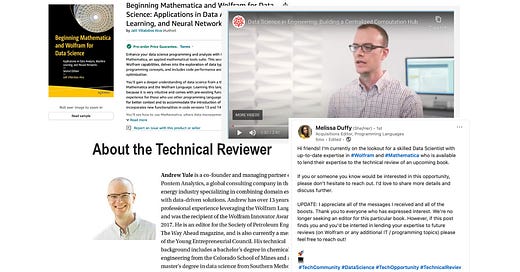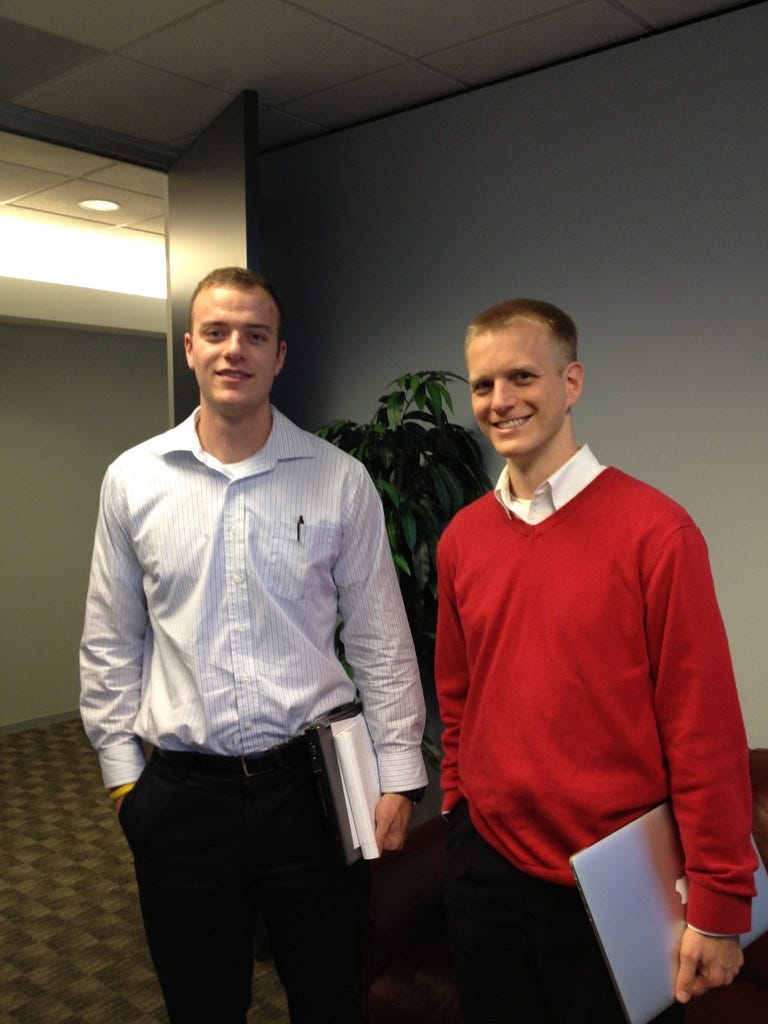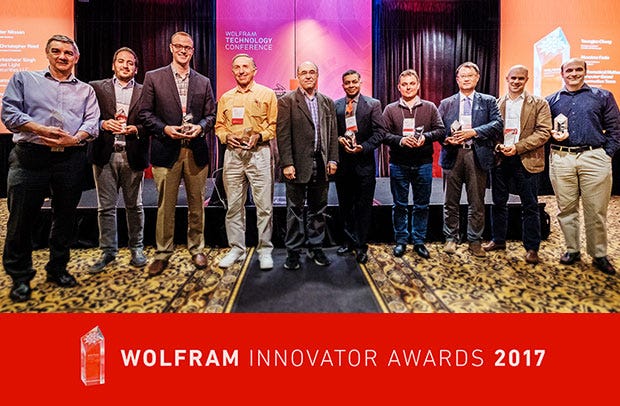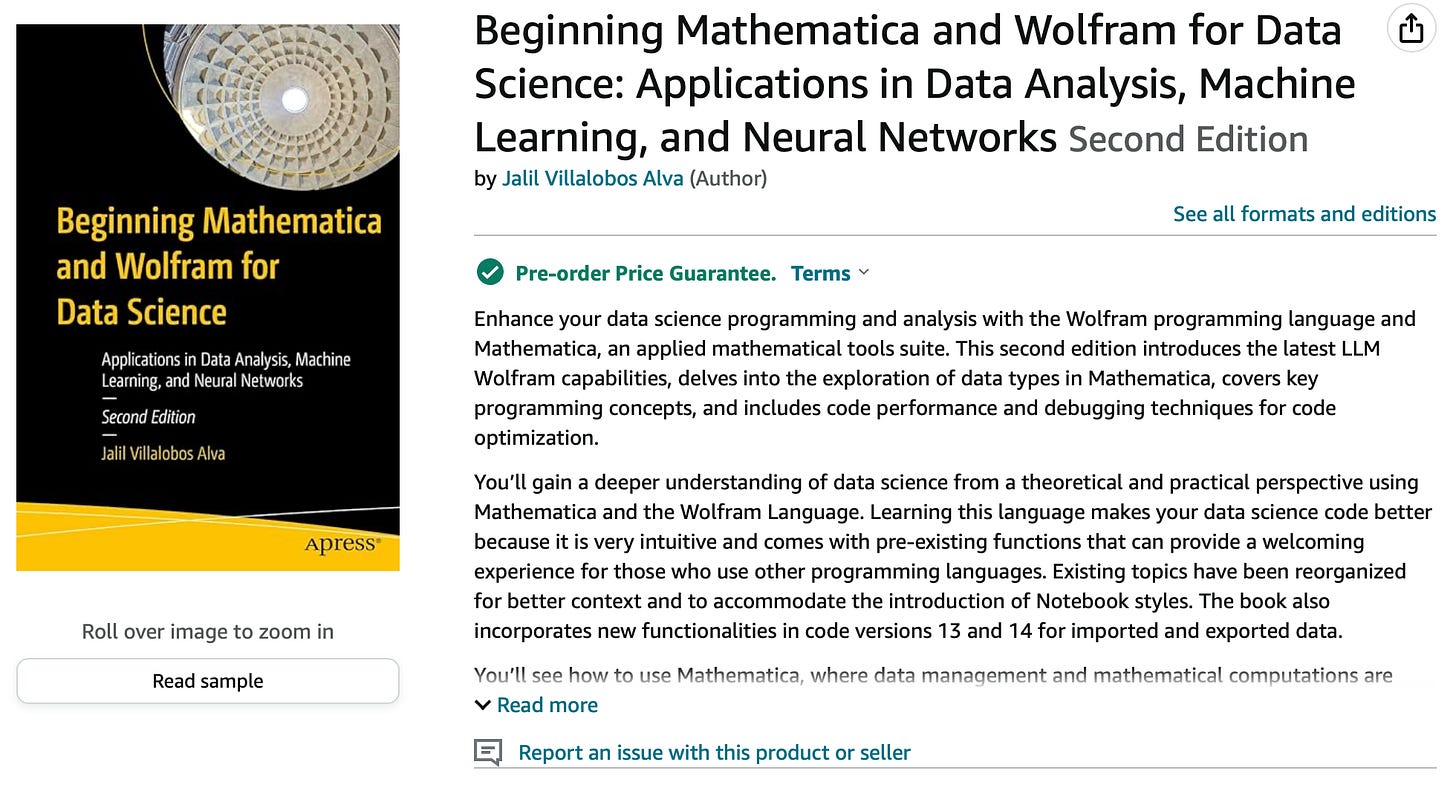From Learner to Technical Reviewer
Opportunities along a journey in mastering the Wolfram Language
“The progress of science is driven by new tools and new ideas." - Stephen Wolfram
Throughout my career thus far, I’ve been a big user of Mathematica (the Wolfram Language). It’s my goto tool for most of my day-to-day work serving me well across all math, engineering, and data related tasks. I’ve been fortunate enough to have several great opportunities to use the language and integrate myself in the community around it. This culminated most recently with becoming the Technical Reviewer for a recent book to be released focused on the Wolfram Language.
Opportunity 1 - Where it all got started
When I began working in 2011, I was fresh out of school and eager to contribute to "real work." I considered myself technologically capable, meaning I was good with technology and could generally pick up new software easily. However, I had no real coding skills beyond some advanced Excel manipulations. I hadn’t even coded a macro in VBA.
I owe a lot of my career direction to a colleague I met on my first day, Eric Smith. He became a constant mentor, answering my many questions, but more importantly, he introduced me to Mathematica (now known as the Wolfram Language).
Without knowing much about the Wolfram Language other than the claim that "it was so much more capable than Excel", I started using it myself to see if that statement was true. I challenged myself (possible when you're a new grad with extra time) to do EVERYTHING I would normally do in Excel, in Mathematica instead.
The first couple of months were rough. Simple tasks that were second nature in Excel became incredibly complicated and required searching documentation and forums online. But over time, certain elements in the language started to click, and I noticed a growing ability to recall general methods that saved me significant amounts of time.
What I didn’t know then was that I hadn’t just started a six-month experiment; I had begun what will likely be a lifelong pursuit of mastering the Wolfram Language.
Opportunity 2 - Building the skills
A few years later, I was at a new start-up company doing similar work. I was eager to apply the skills and efficiency I had gained, as I saw many opportunities to make a difference. It wasn’t long before the perfect project came up.
The company had a vast collection of complex calculations used for various technical problems. Being a company of engineers, each calculation was in its own Excel workbook, with various versions scattered across our network drive.
Maintaining these calculations and ensuring everyone had the right versions was a nightmare job that no one wanted. I proposed consolidating our calculations into a maintained code base, so everyone could be sure they were using the latest versions.
I chose the Wolfram Language for the job. It could handle data, perform complex mathematical calculations, and I had become very fluent in it.
Working on that project, or Alex as we started to call it, spanned many years and allowed me to refine my skills with Wolfram Language to the level of many Wolfram Research employees. I was fortunate to have a contact within Wolfram who knew about the Alex project and nominated me for the Wolfram Innovator Award in 2017. As part of that experience, we were honored at a dinner during Wolfram’s yearly technology conference. The highlight, however, was having a private lunch with Stephen Wolfram himself on the day of the ceremony.
Opportunity 3 - Becoming the teacher
Flash forward to about 5 months ago, another opportunity presented itself now while working at Pontem. This time, it came in the form of a LinkedIn post asking for an expert in Wolfram Language to help review an upcoming book release.
After a few exchanges with Melissa (and asking my wife for permission to sign up for yet another extracurricular request), I found myself using my knowledge and experience in the Wolfram Language to help with a book manuscript. It took several long days over a few weekends, but I reviewed the entire book and assisted the author in making edits and improvements to better explain the power of Wolfram Language, particularly in data science—a topic of high interest to me.
I'm proud to hear that the book is now being released and available for pre-order. As a thank you for my effort, they even mentioned me in the credits. Considering I'll probably never write a book myself, this is as close to being an author as it gets for me, so I'll take it!
Final Thoughts
In my opinion, the Wolfram Language is one of the most under-appreciated pieces of technology in the world. The creators have been at the forefront of innovation for more than three decades. Most people assume the language is only useful for solving differential equations in physics or know it from the homework help Wolfram Alpha provided (before ChatGPT was a thing... cue the old man talk). But the language is much more than that. They have systematically built capabilities in a wide range of disciplines, including everything from chemistry and physics to image processing, and graph theory.
The vastness of the language is why I believe I am on a lifelong journey to master it. No one could ever become an expert in so many topics, but with the power of the Wolfram Language, you can learn enough to be dangerous.











